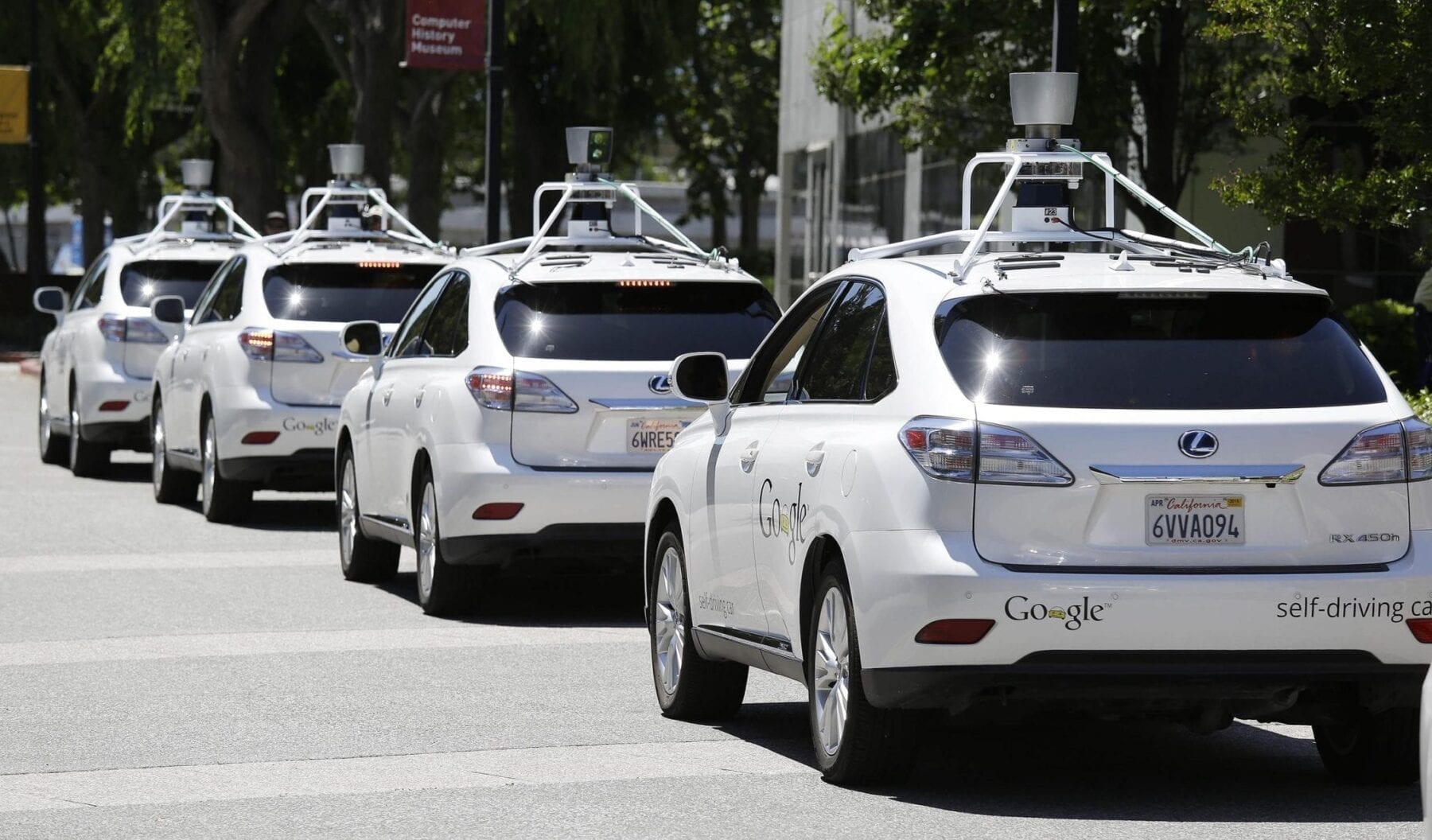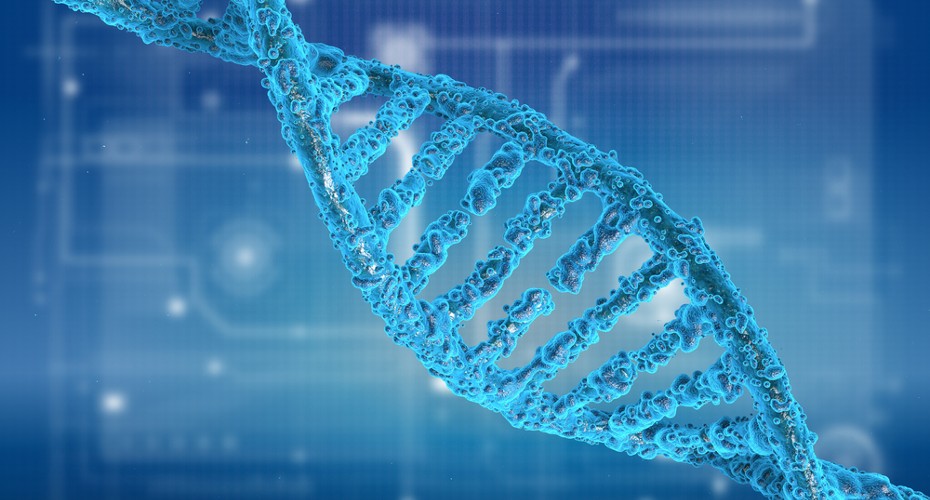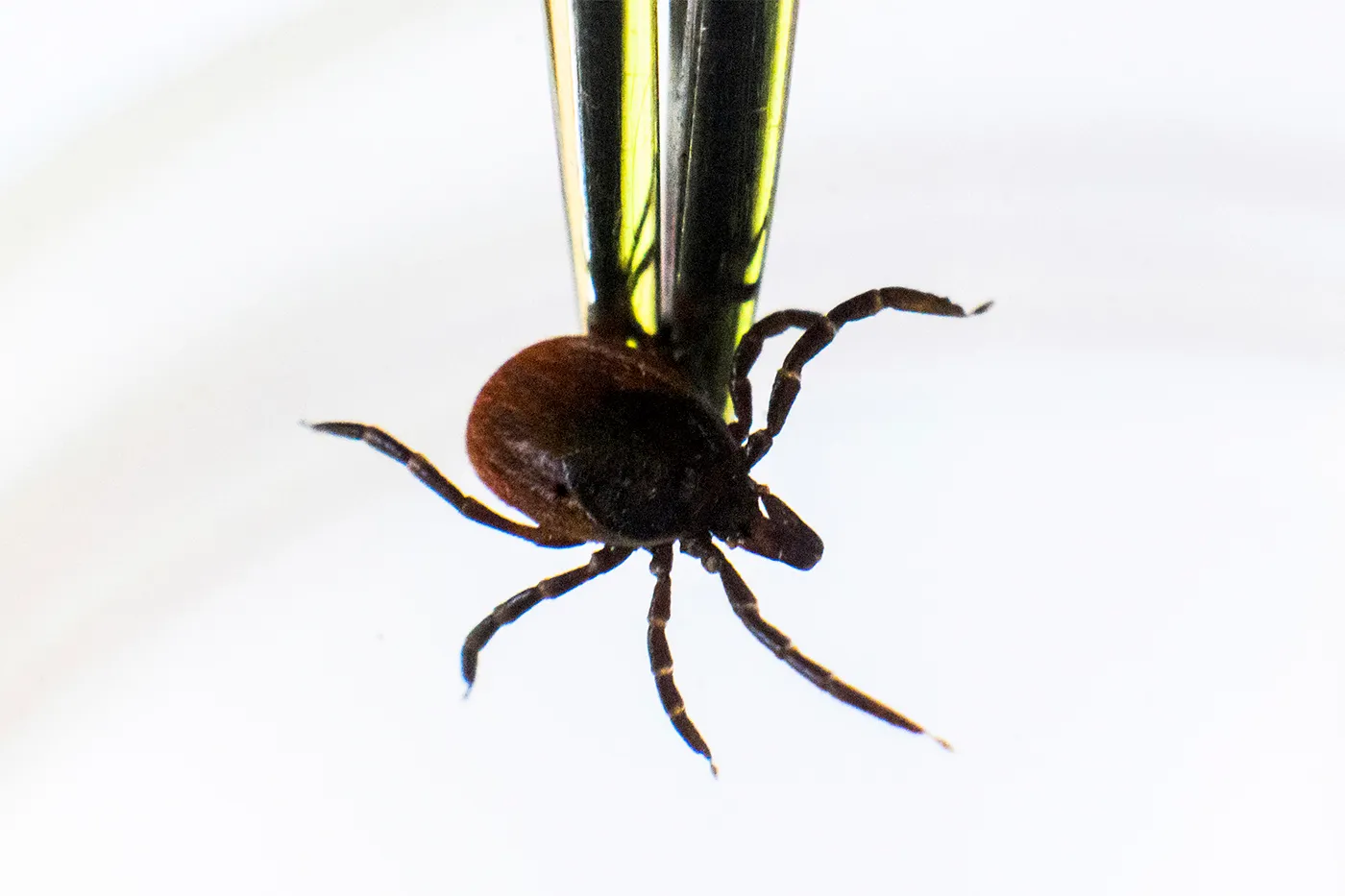
via AI.Nony.Mous
Scientists at McMaster University and the Massachusetts Institute of Technology have used artificial intelligence to discover a new antibiotic which could be used to fight a deadly, drug-resistant pathogen that strikes vulnerable hospital patients.
The process they used could also speed the discovery of other antibiotics to treat many other challenging bacteria.
The researchers were responding to the urgent need for new drugs to treat Acinetobacter baumannii, identified by the World Health Organization as one of the world’s most dangerous antibiotic-resistant bacteria. Notoriously difficult to eradicate, A. baumannii can cause pneumonia, meningitis and infect wounds, all of which can lead to death.
A. baumanni is usually found in hospital settings, where it can survive on surfaces for long periods. The pathogen is able to pick up DNA from other species of bacteria in its environment, including antibiotic-resistance genes.
In the study, published today in the journal Nature Chemical Biology, researchers report they used an artificial intelligence algorithm to predict new structural classes of antibacterial molecules, and identified a new antibacterial compound, which they have named abaucin.
Discovering new antibiotics against A. baumannii through conventional screening has been challenging. Traditional methods are time-consuming, costly, and limited in scope.
Modern algorithmic approaches can access hundreds of millions, possibly billions, of molecules with antibacterial properties.
“This work validates the benefits of machine learning in the search for new antibiotics” says Jonathan Stokes, lead author on the paper and an assistant professor in McMaster’s Department of Biomedicine & Biochemistry, who conducted the work with James J. Collins, a professor of medical engineering and science at MIT, and McMaster graduate students Gary Liu and Denise Catacutan.
“Using AI, we can rapidly explore vast regions of chemical space, significantly increasing the chances of discovering fundamentally new antibacterial molecules,” says Stokes, who belongs to McMaster’s Global Nexus School for Pandemic Prevention and Response.
“AI approaches to drug discovery are here to stay and will continue to be refined,” says Collins, Life Sciences faculty lead at the MIT Abdul Latif Jameel Clinic for Machine Learning in Health. “We know algorithmic models work, now it’s a matter of widely adopting these methods to discover new antibiotics more efficiently and less expensively.”
Abaucin is especially promising, the researchers report, because it only targets A. baumannii, a crucial finding which means the pathogen is less likely to rapidly develop drug resistance, and which could lead to more precise and effective treatments.
Most antibiotics are broad spectrum in nature, meaning they kill all bacteria, disrupting the gut microbiome, which opens the door to a host of serious infections, including C difficile.
“We know broad-spectrum antibiotics are suboptimal and that pathogens have the ability to evolve and adjust to every trick we throw at them,” says Stokes. “AI methods afford us the opportunity to vastly increase the rate at which we discover new antibiotics, and we can do it at a reduced cost. This is an important avenue of exploration for new antibiotic drugs.”
Original Article: Scientists use AI to find promising new antibiotic to fight evasive hospital superbug
More from: McMaster University | Massachusetts Institute of Technology
The Latest Updates from Bing News
Go deeper with Bing News on:
AI antibiotic discovery
- Discovery of a new class of antibiotics effective against drug-resistant bacteria
Scientists at Uppsala University have made a discovery in the field of medicine that could be significant in the fight against antibiotic resistance. Their research, published in the Proceedings of ...
- Renowned AI expert revolutionises cheminformatics for materials, drug discovery
An artificial intelligence (AI) researcher at the University of Massachusetts, Nelson Iyore Evbarunegbe, has pioneered groundbreaking research in ...
- Explainable AI for Rational Antibiotic Discovery
Researchers tackle the antibiotic resistance crisis with explainable neural networks and high throughput drug discovery.
- Drugs that aren’t antibiotics can also kill bacteria − new method pinpoints how
(THE CONVERSATION) Human history was forever changed with the discovery of antibiotics in 1928. Infectious diseases such as pneumonia, tuberculosis and sepsis were widespread and lethal until ...
- Designer antibiotics by generative AI
The discovery and development of new antibiotics has been painfully slow — but artificial intelligence (AI) models are being developed to help speed up this process. Initially, researchers used ...
Go deeper with Bing News on:
Narrow spectrum antibiotic
- You're probably not allergic to penicillin, even if you think you are
It's harmful," she added. "This is a public health measure to remove a penicillin allergy label from someone who is no longer allergic, so that they can have access to these more narrow spectrum ...
- Study highlights overuse of antibiotics in newborns with suspected sepsis
Newborns in Sweden are given antibiotics for suspected sepsis to an unjustified extent. This is according to a study by the University of Gothenburg in more than 1 million newborns. Despite a ...
- Central Line–Associated Bloodstream Infection in Children
Ideally, a single narrow spectrum agent should be used. If the catheter is retained, patients should receive 10–14 days of pathogen-specific systemic antibiotic therapy from the date of the ...
- Automated alerts improved antibiotic prescribing for common infections: JAMA studies
Pneumonia and urinary tract infections are the two most common infections requiring hospitalizations and major reasons for the overuse of broad-spectrum antibiotics. | Algorithm-driven alerts help ...
- Antibacterial Substance From Bacteria Could Provide Alternative to Antibiotics
Many bacteria produce substances to gain an advantage over competitors in their highly competitive natural environment. Researchers at the University Hospital Bonn (UKB), the University of Bonn and ...










